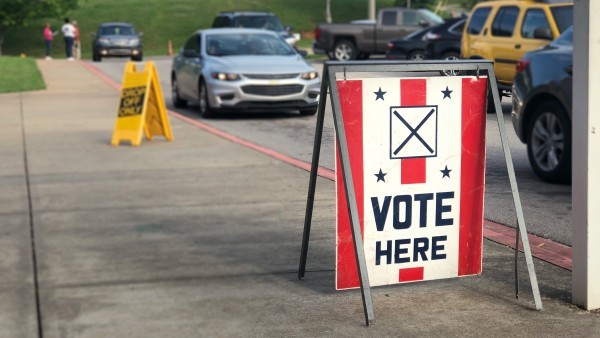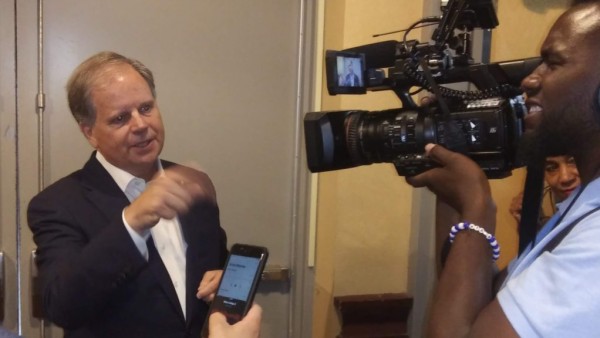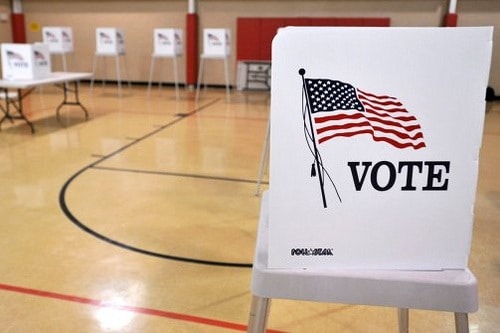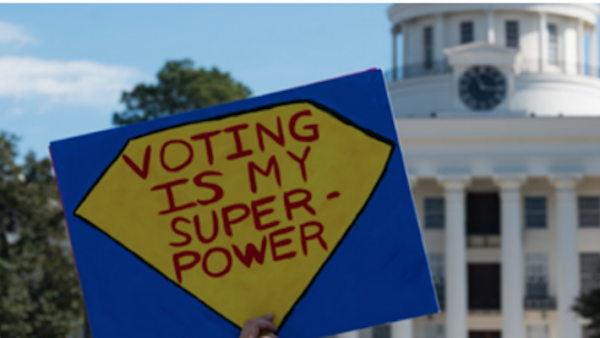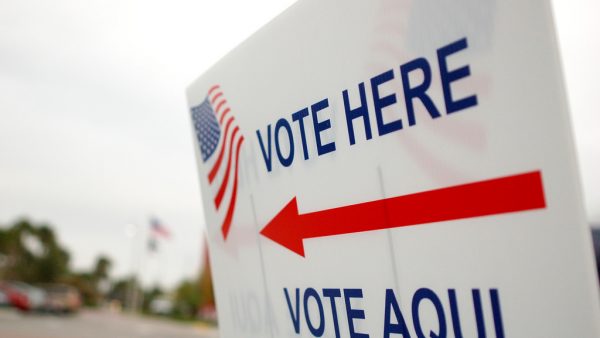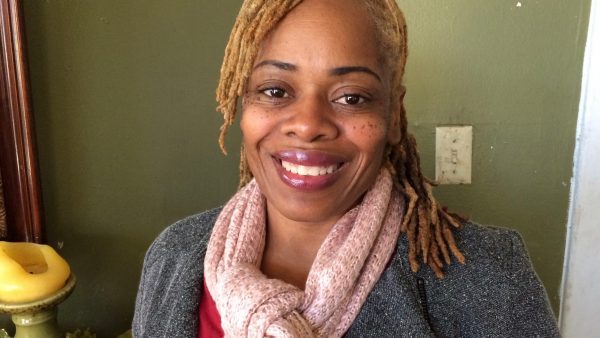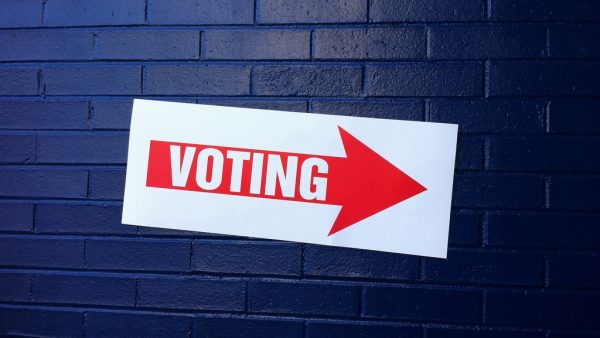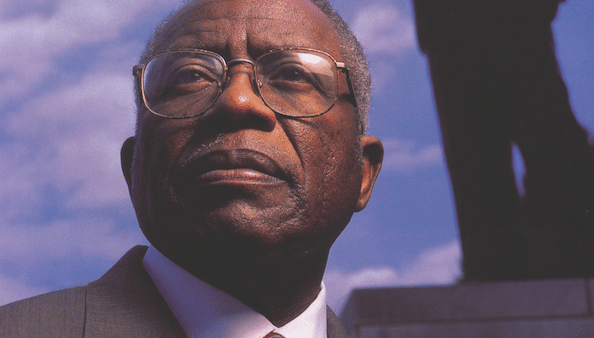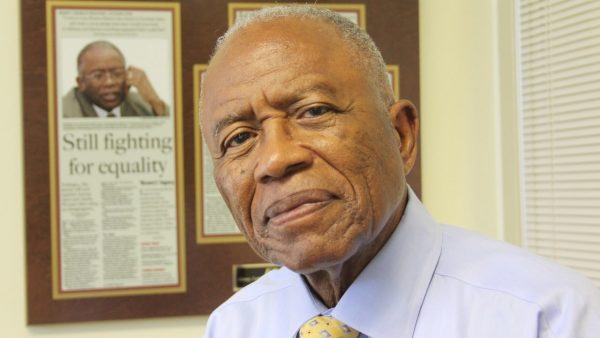Voting Rights
Report Reveals Voter Access Difficult In Alabama
Super Tuesday is nearly a week away and hundreds-of-thousands of Alabama voters are expected to turn out. But according to a new report by the Southern Poverty Law Center, Alabama remains one of the most difficult states for an eligible voter to register and cast a ballot.
#DougMeetsMiles: Jones Takes Questions Via Twitter at Forum With College Students
Sen. Doug Jones told an audience of students from Miles College that when he went to Washington, D.C. he didn’t realize that he was going to be a part of a government that functioned according to what someone says on Twitter — an oblique reference to President Donald Trump’s penchant for tweets that make the nation’s capital go topsy-turvy.
Some Alabama Voters Anxious Ahead of the Midterms
Groups such as the NAACP and the ACLU have closely monitored voting access. But voter roll purges and dozens of closed polling places in recent years have many Alabama voters worried ahead of Tuesday's midterms. They fear they'll encounter problems at the polls.
As Alabama Goes to the Polls, Worries Emerge That Some Are Denied Voting Rights
Since last year, Lorenzo French says he’s helped about 50 people in rural Greene County regain their ability to vote. Many of them were improperly removed from voter rolls because they had a felony conviction, though not the type that should have banned them from voting, French said. Others didn’t have photo identification, a requirement to vote in Alabama since 2014.
Committee Probes Whether Laws Limit Access for Voters
An Alabama advisory committee to the U.S. Commission on Civil Rights holds its first hearing Thursday in Montgomery. It’s the first of a series of discussions looking into the ways Alabama’s voting regulations affect people’s ability to vote. There will be testimony from academics and policy makers, and members of the public will be invited to comment.
New Law Could Simplify Restoring Voting Rights for Felons
For millions of Americans, past criminal convictions mean they can no longer vote. Getting back that right in many states is straightforward: serve your time, do probation, and have your voting rights restored. But in Alabama, those with felony convictions face enormous struggles ––especially when they’ve committed certain crimes. We’re talking about crimes of moral turpitude. If you’re confused, you’re not alone.
Feds Wont Sue Alabama Over “Motor Voter” Non-compliance
The U.S. Department of Justice announced today a settlement agreement with Alabama in connection with the state’s violation of the National Voter Registration Act. The move follows an investigation by the Justice Department’s Civil Rights Division.
Civil Rights Attorney Fred Gray On Fighting George Wallace And Segregation
In 1957, on the heals of his successful lawsuit that ended the Montgomery Bus Boycott, civil rights attorney Fred Gray represented a group of African American voters from Tuskegee who were shut out of voting in local elections when the Alabama Legislature re-drew the city limits in such a way as to remove them from the city. Gray sued the State in Federal Court. Almost four years later, the Supreme Court ruled unanimously that race-based gerrymandering was unconstitutional.
Civil Rights Attorney Fred Gray Reflects on Montgomery Bus Boycott
Tomorrow marks the 50th anniversary of the law that abolished literacy tests and other tools designed to keep black people from voting. The momentum for Selma and the civil rights victories of 1965 started ten years earlier with the Montgomery Bus Boycott of 1955. Tuskegee civil rights lawyer Fred Gray was one of the forces behind that boycott. For WBHM, Greg Bass recently spoke with Gray about the bus boycott, and his extraordinary career. Gray went on to represent the Selma Marchers, Martin Luther King and a seamstress named Rosa Parks.

